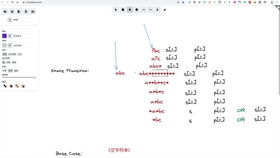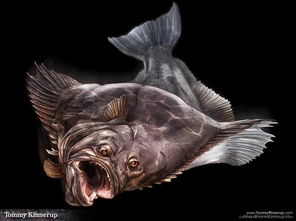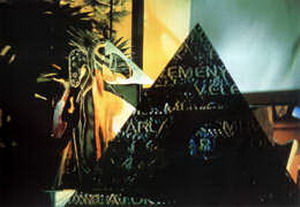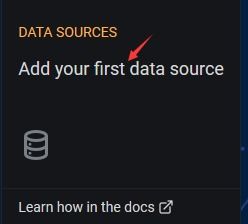Introduction:
Fishing is an art that requires patience, skill, and a deep connection with nature. Whether you're a seasoned angler or a beginner looking to improve your fishing techniques, there are always ways to enhance your abilities. In this comprehensive guide, we'll explore various strategies and tips on how to raise your fishing skills to new heights.
Understand the Basics:
Before diving into advanced techniques, it's crucial to have a solid foundation in the basics of fishing. Here are some fundamental aspects to master:
a. Equipment Knowledge:
- Familiarize yourself with different types of fishing rods, reels, lines, hooks, and lures.
- Learn how to choose the right equipment for the specific fishing environment and target species.
b. Fish Behavior:
- Study the habits and preferences of the fish you wish to catch.
- Understand their feeding patterns, migration routes, and spawning seasons.
c. Knot Tying:
- Practice tying various knots, such as the improved clinch knot, Palomar knot, and uni knot.
- A well-tied knot can mean the difference between a successful catch and a lost fish.
Develop Your Casting Skills:
Casting is a fundamental skill that requires practice and precision. Here are some tips to improve your casting abilities:
a. Find the Right Spot:
- Look for a casting platform with a clear, open space to minimize obstructions.
- Choose a spot where the wind is at your back to increase casting distance and accuracy.
b. Practice Casting Techniques:

- Practice your casting techniques, including the overhead cast, sidearm cast, and roll cast.
- Work on your timing, power, and accuracy to become a more proficient caster.
c. Learn to Read the Wind:
- Understand how wind direction and speed can affect your casting.
- Adjust your casting techniques accordingly to account for wind conditions.
Master Lure and Bait Selection:
The right lure or bait can make all the difference in attracting fish. Here's how to improve your selection:
a. Match the Habitat:
- Choose lures or baits that closely resemble the natural food sources of the fish you're targeting.
- Consider the color, size, and movement of the bait when selecting lures.
b. Experiment with Different Types:
- Try various lures and baits to see what works best in different situations.
- Experiment with different presentations, such as twitching, dragging, or slow-reeling.
c. Keep It Natural:
- Fish are often more susceptible to natural-looking baits and lures.
- Avoid overly bright or gaudy colors unless you're targeting certain species that are attracted to such patterns.
Improve Your Patience and Observation Skills:
Fishing is as much about patience as it is about skill. Here are some tips to help you improve:
a. Be Patient:
- Understand that fishing can be a waiting game, and patience is key to success.
- Avoid the temptation to move to a new spot too quickly if you're not getting bites.
b. Observe Your Surroundings:
- Pay attention to the water conditions, such as clarity, temperature, and flow rate.
- Look for signs of fish activity, such as surface disturbances or fish jumping.
c. Adapt to Changing Conditions:
- Be prepared to adjust your techniques as the weather, water conditions, and fish behavior change.
- Stay flexible and open to trying new approaches.
Learn from Others:
Seeking advice from experienced anglers can provide valuable insights and tips. Here's how to make the most of this opportunity:
a. Join a Fishing Club:
- Participate in local fishing clubs or organizations to meet fellow anglers and exchange tips.
- Attend fishing seminars or workshops to learn from experts in the field.
b. Seek Mentorship:
- Find a mentor who can provide personalized guidance and share their wealth of knowledge.
- Spend time with them on the water to observe their techniques and ask questions.
Take Care of Your Equipment:
Maintaining your fishing gear is essential for long-term success. Here are some tips to keep your equipment in top condition:
a. Regular Cleaning:
- Clean your fishing rods, reels, and lines regularly to remove salt, sand, and debris.
- Use a soft cloth and appropriate cleaning solutions to maintain the integrity of your equipment.
b. Proper Storage:
- Store your fishing gear in a cool, dry place to prevent rust and corrosion.
- Use a rod holder or rack to keep your rods straight and prevent damage.
Conclusion:
Improving your fishing skills is a journey that requires dedication, practice, and a willingness to learn. By understanding the basics, developing your casting abilities, mastering lure and bait selection, and honing your patience and observation skills, you'll be well on your way to becoming a more skilled angler. Remember to seek advice from others, take care of your equipment, and most importantly, enjoy the beauty and tranquility of the water. Happy fishing!












